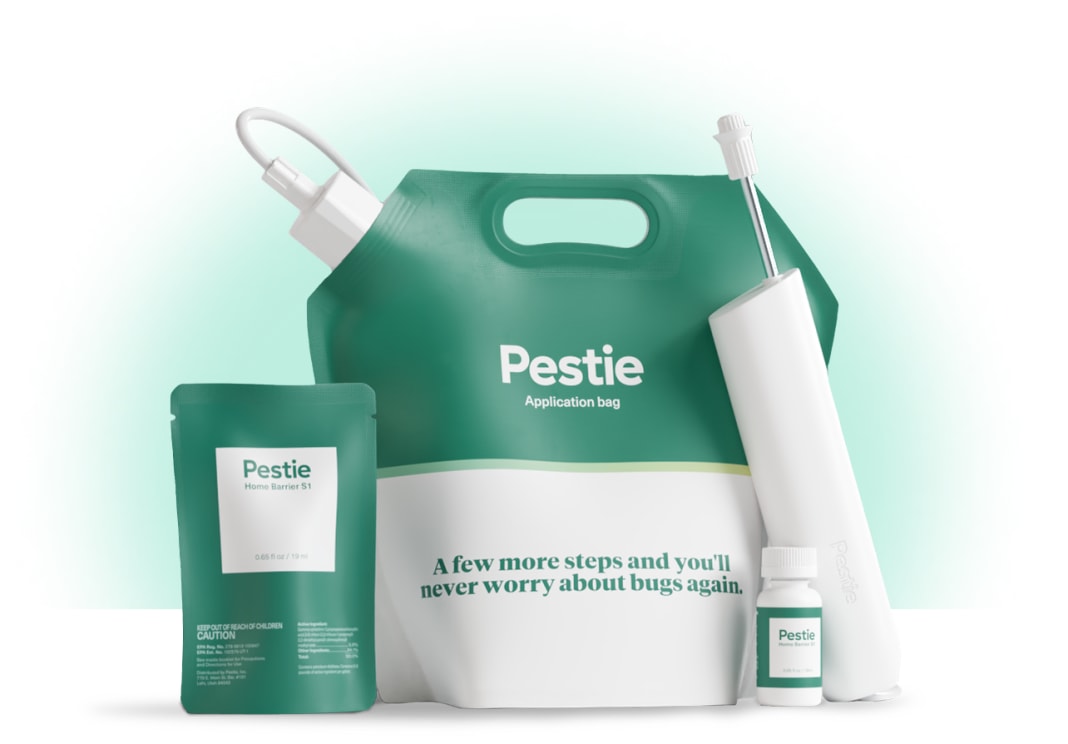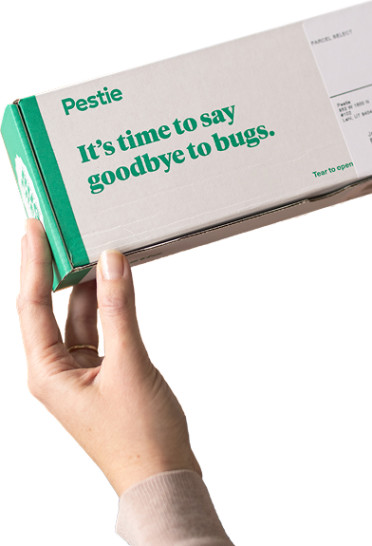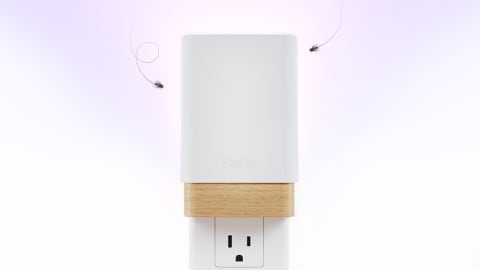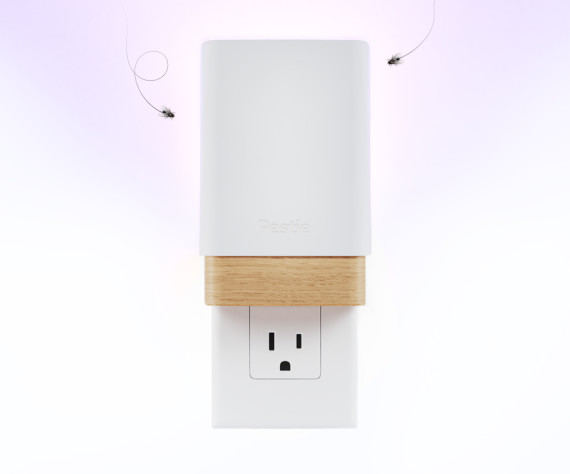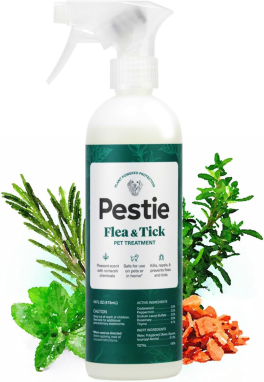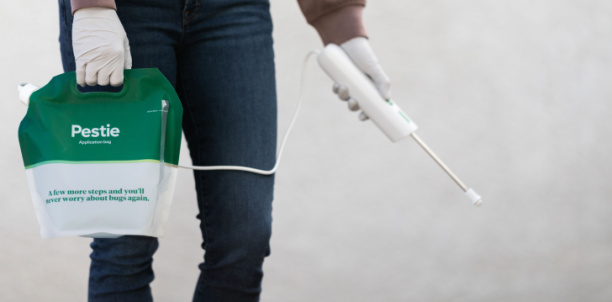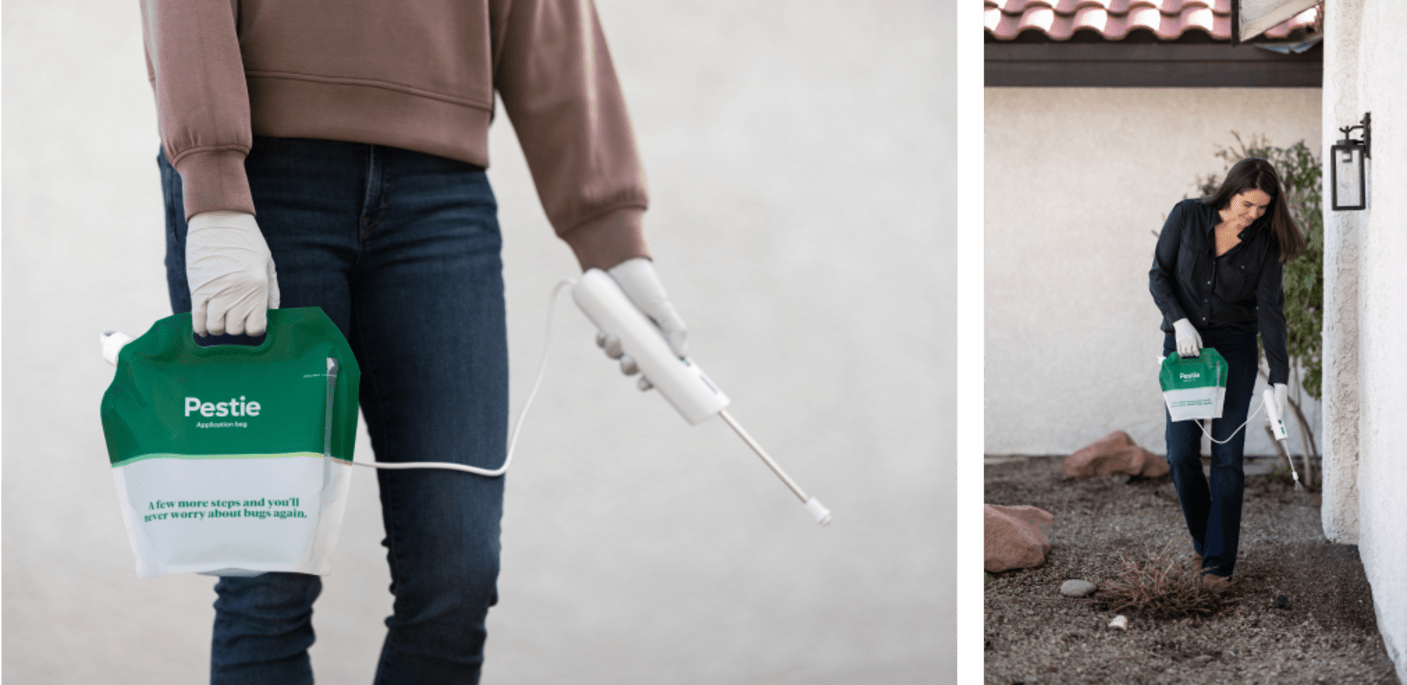How to identify and get rid of cigarette beetles
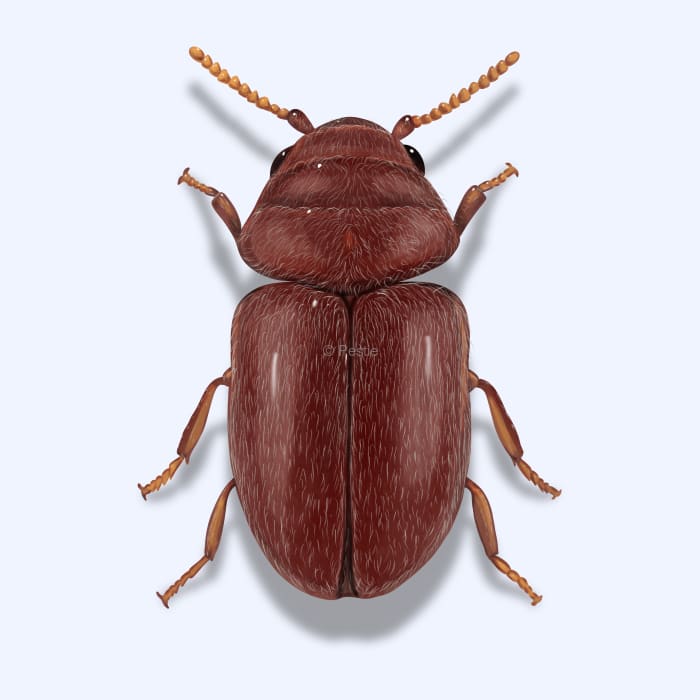
Say goodbye to pantry pests: snuffing out cigarette beetles
Have you ever wondered why small brown beetles are crawling around your pantry? There's a good chance that you have a cigarette beetle infestation.
Even if you aren't a smoker or storing an abundance of tobacco products in your cabinets, cigarette beetles can still make a mess of your stored goods. Cigarette beetles, known scientifically as Lasioderma serricorne, can feed on all sorts of things in your home. From the spices and dried fruit in your kitchen to the dog food in your laundry room, these pests can make a mess of your stored goods.
Cigarette beetles have a short life cycle, lasting just a few months. Females lay their eggs directly on food sources, and once the larvae hatch, they start munching away on your dried goods. Before you know it, adult beetles are emerging, ready to start the cycle all over again.
Where do cigarette beetles live?
Cigarette beetles are found throughout the United States, but they are more common in warm, humid areas. You'll often find cigarette beetles in pantries, kitchens, and storage areas where dried food, pet food, or tobacco products are kept.
How to identify cigarette beetles
Cigarette beetles are small, light brown beetles that have a humpbacked, round shape to them. They keep their head tucked under their body and will often pull in their legs and head when disturbed. The back of the beetle is covered in fine yellow hairs, and if you look at their head with magnification, you might be able to see their saw-like antennae sticking out.
Here are some common characteristics of cigarette beetles:
- Round, oval shape
- Concealed head
- Fine hairs on body
- Saw-like antennae
How big are cigarette beetles?
Cigarette beetles are only about 1/8 of an inch long.
How to get rid of cigarette beetles
Prevention is the best thing to do to keep cigarette beetles out of your home. That includes:
- Checking and discarding infested items: Go through your pantry and remove any infested food products, especially dried foods and spices.
- Storing food properly: Keep dried foods in airtight containers to prevent access.
- Vacuuming and cleaning: Regularly clean your pantry and storage areas to remove any potential food sources.
- Monitoring and freezing: If you suspect an item might be infested, you can freeze it for a few days to kill any eggs or larvae.
To keep cigarette beetles from making your pantry their next buffet, consider spraying an insect barrier around your home. Pestie offers a DIY solution that includes pro-grade ingredients that you can spray yourself! No more waiting around for an exterminator to show up at your home. Get Pestie delivered to your door.
Treat cigarette beetles with Pestie
If you're still having trouble keeping cigarette beetles away, the best option is to use a pro-grade, effective pest control solution like Pestie.
Pestie is a do-it-yourself pest control solution that's specially designed to keep cigarette beetles and other pests away from your home.
With Pestie, you can rest easy knowing that your living space is protected and free of creepy crawlies. And the best part? It's designed for people, pets, and the planet, so you can say goodbye to harsh chemicals and hello to peace of mind!
- Save hundreds compared to traditional annual pest plans
- People, pet, and planet-friendly
- Pro-grade customized formulas
Quick facts
- Scientific name
Lasioderma Serricorne
- Other common names
Cigar Beetles, Tobacco Beetles
- Colors
Light brown
- Life span
1-4 months
- Diet
Stored food products
How dangerous are Cigarette Beetles?
Low danger risk
Luckily, cigarette beetles don't bite or spread diseases. They will contaminate your food, however!
Females secrete a pheromone that drives males crazy! Once they smell, they will crawl as fast as they can to find the source. Scientists have been able to isolate this chemical, and commercial warehouses and manufacturers often use this smell in traps to keep males out of their stored products.
